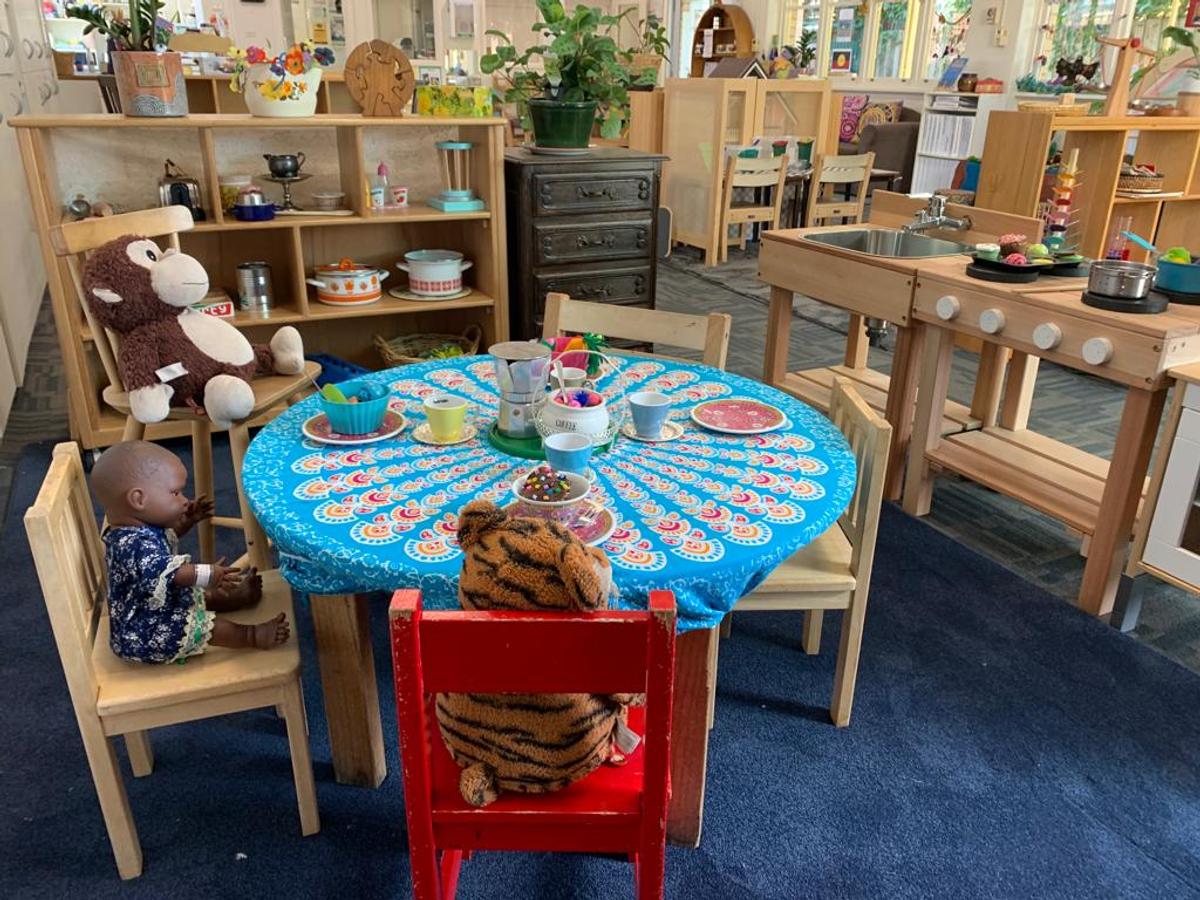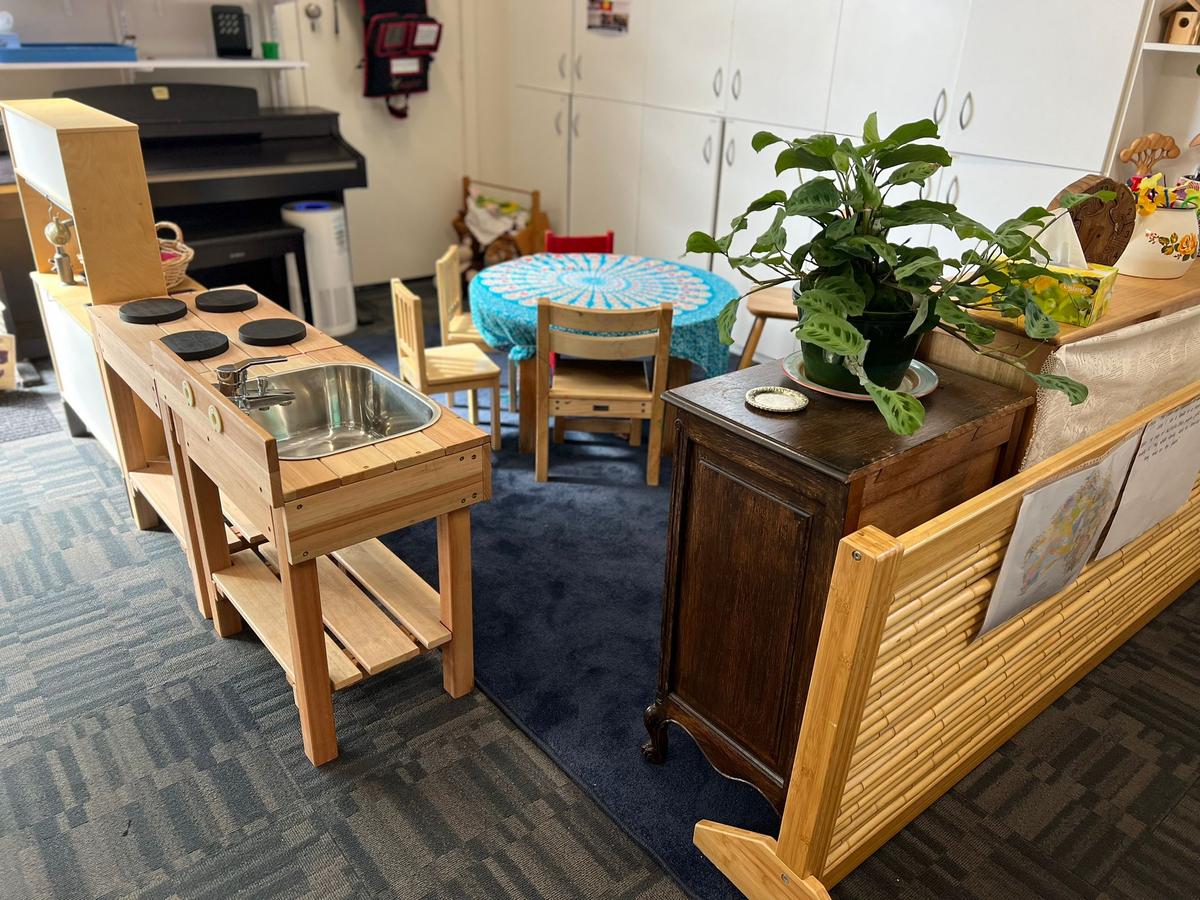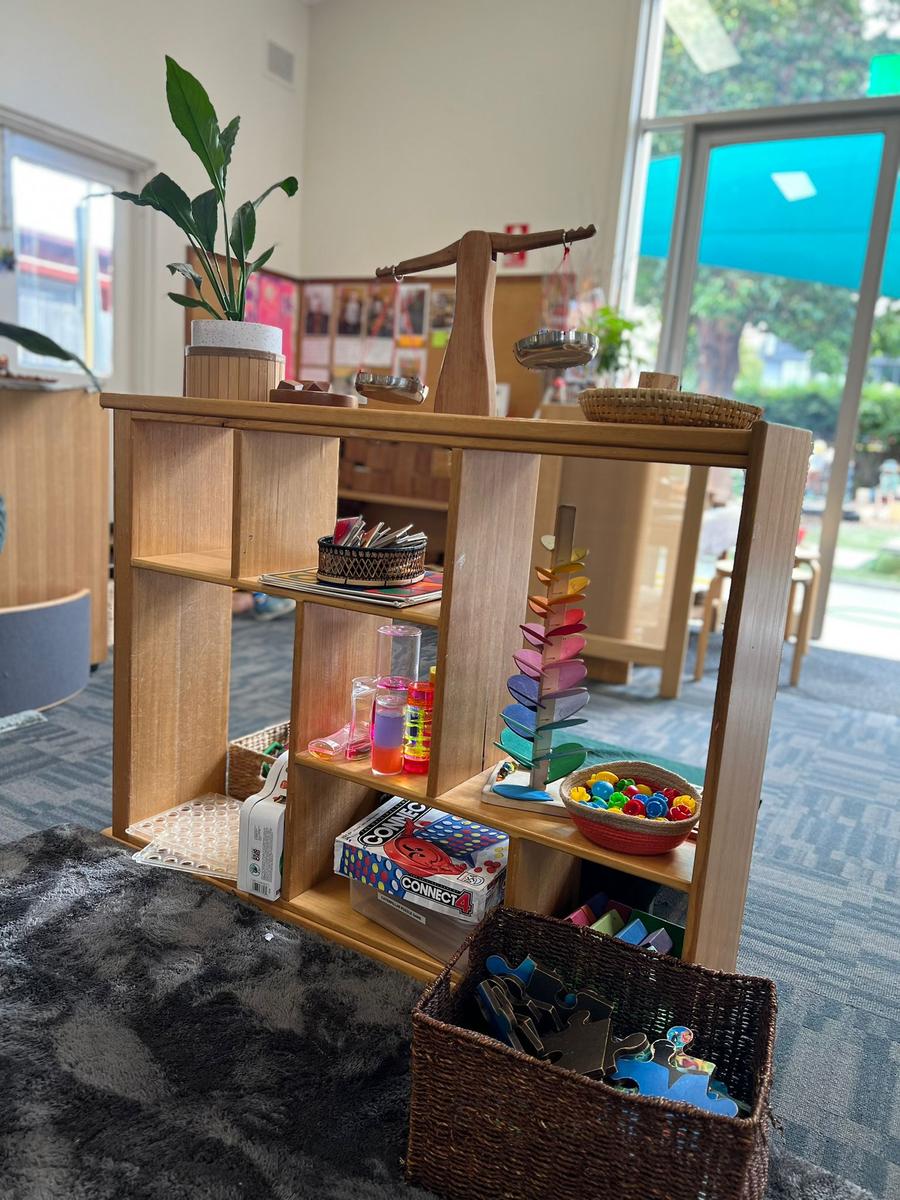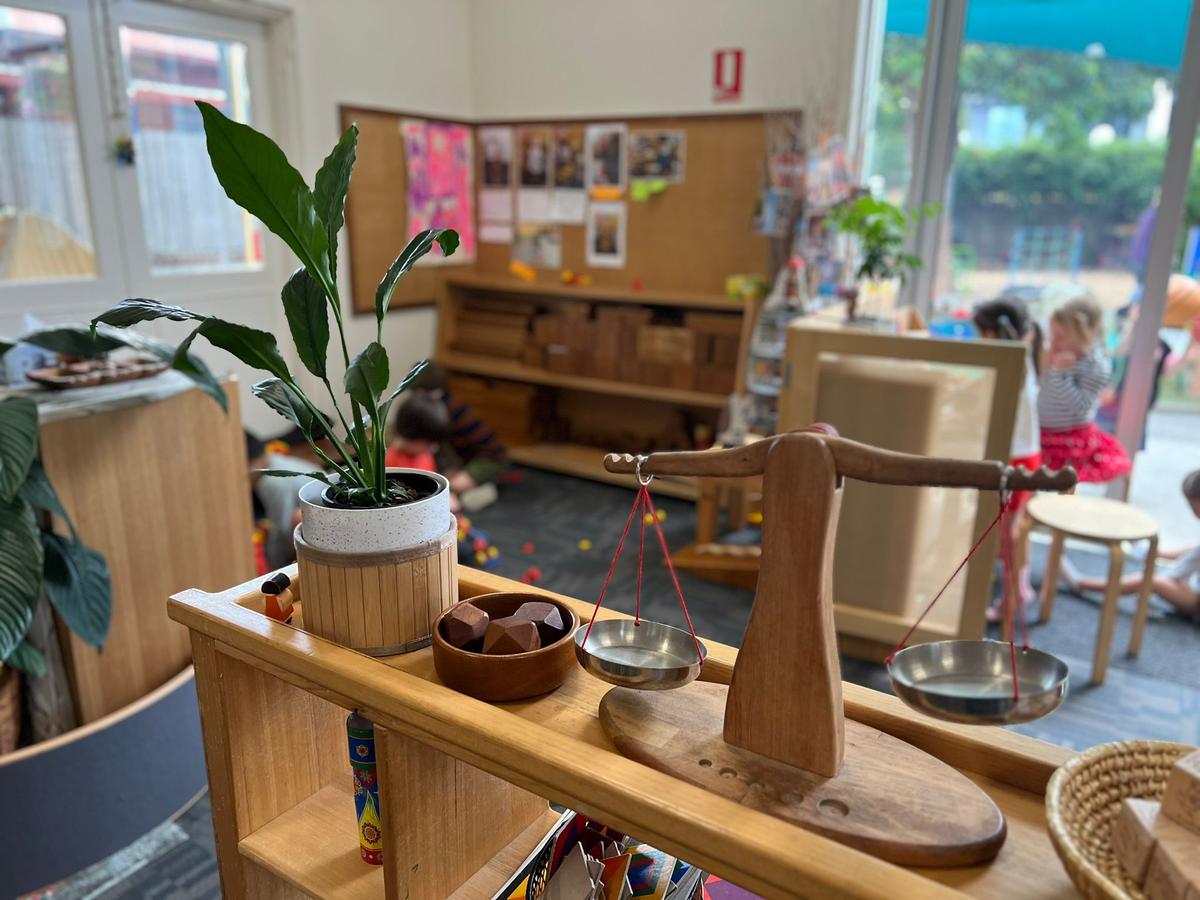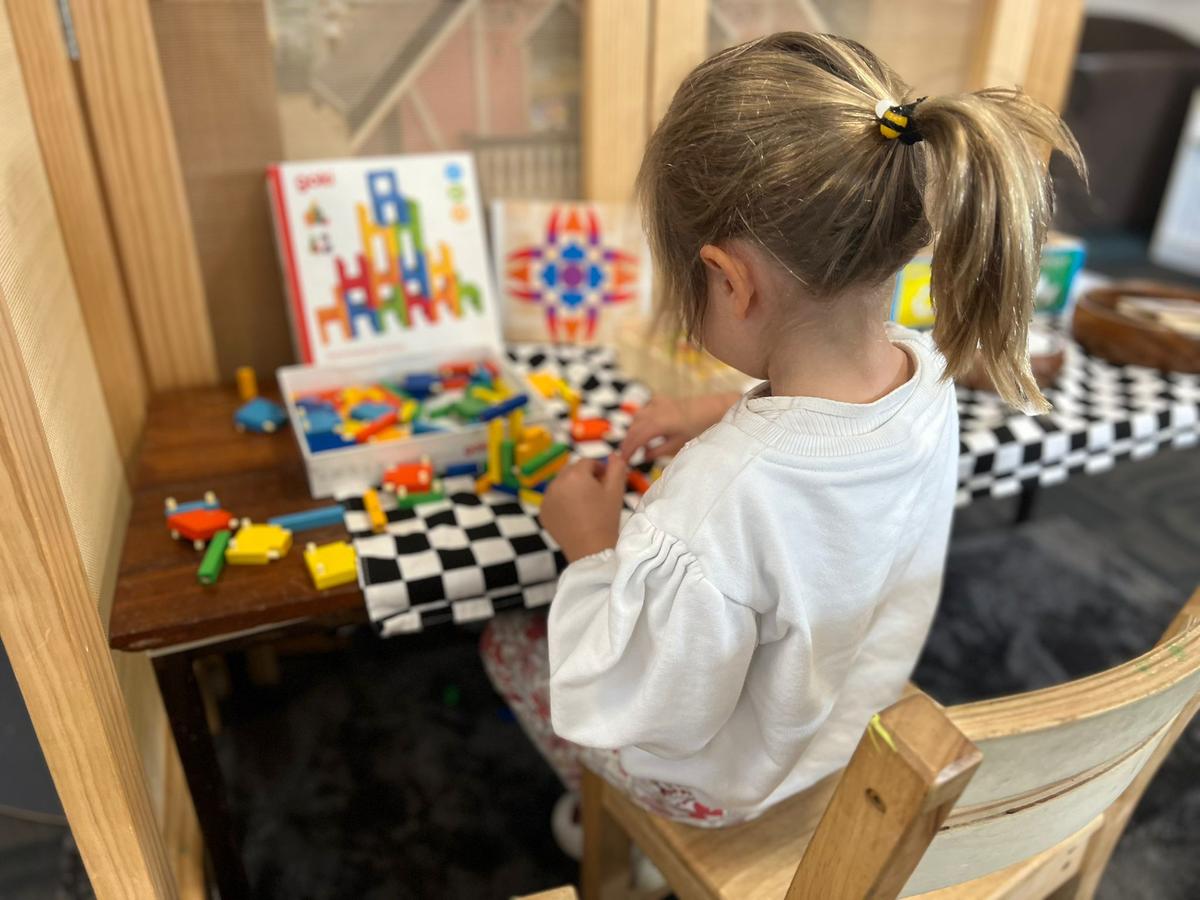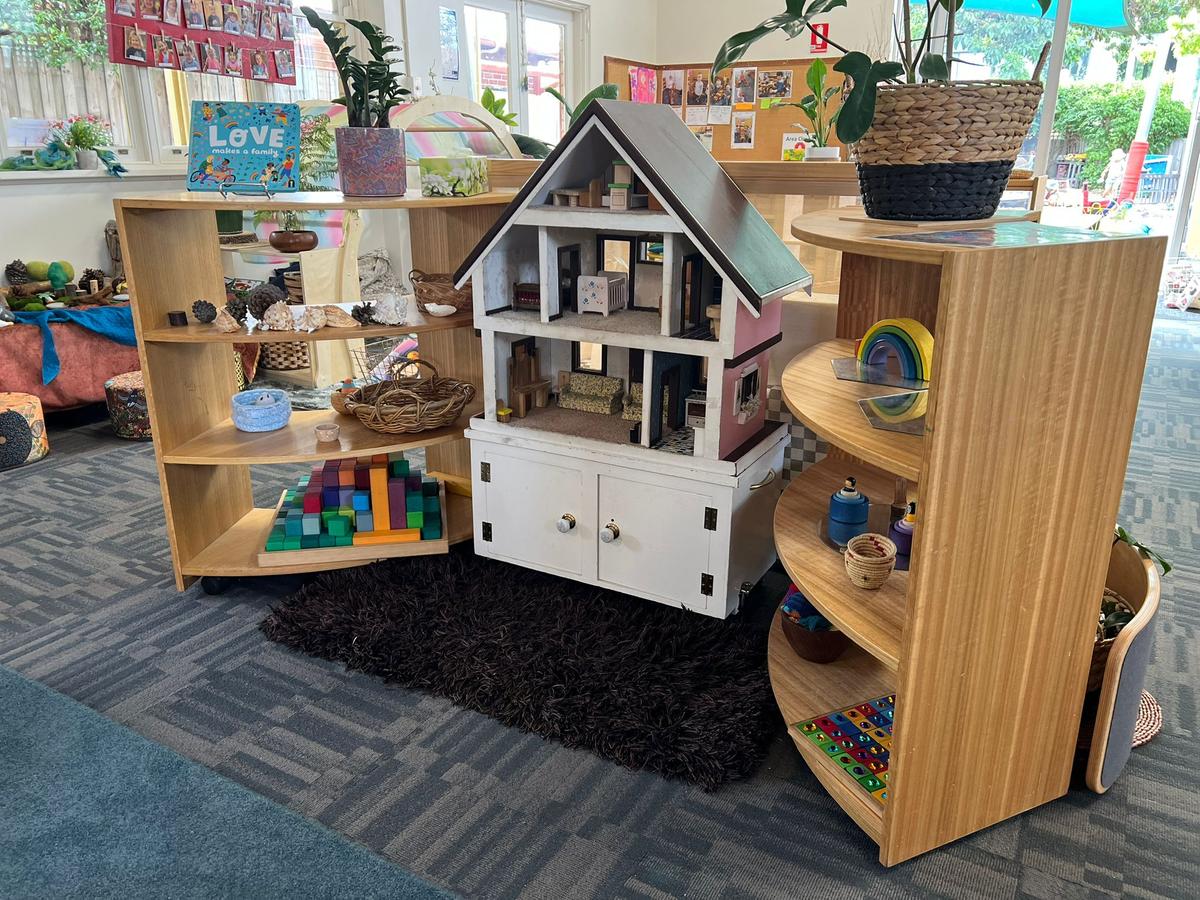Glen Education Orrong Road

Supporting Children to be Active Participants in their Learning
May Horikawa, Early Childhood Educator
Quality Area 3: Physical environment - Standard 3.2: The service environment is inclusive, promotes competence and supports exploration and play-based learning.
- Element 3.2.1: Outdoor and indoor spaces are organised and adapted to support every child’s participation and to engage every child in quality experiences in both built and natural environments.
- Element 3.2.2: Resources, materials and equipment allow for multiple uses, are sufficient in number, and enable every child to engage in play-based learning.
- Element 3.2.3: The service cares for the environment and supports children to become environmentally responsible.
At Glen Orrong Road Kindergarten, we are committed to implementing play-based environment and providing emergent curriculum plans that are delivered through a strength/interest-based approach. We strongly value our children’s own choice of what, where, how and/or when to play. A play-based learning approach is crucial part of our program as it allows children to access and engage in learning opportunities including trying new challenges, expressing their own views and taking risks in a supportive environment.
When children have the ability to make their own decisions and are fully engaged in their creativity, children develop divergent thinking skills and imagination. Through this active exploration of their environment and interactions with other peers, learning becomes internalised, and the children benefit from a holistic development of concepts, skills and understandings. In order to turn children’s play into an educational program, educators conduct and deliver programs through observing individuals and groups of children, and utilise this information to provide challenging, stimulating and interesting activities, materials and expectations, which foster and extend children’s play, as well as their learning and development.
Physical activity is crucial part of children’s program, with the ability to utilise the indoors and outdoors for majority of the day, educators plan for both indoor and outdoor environments and include the children in decision making on environment set ups. As we believe that the outdoor space is a continuation of the indoor learning environment, we ensure our outdoor environments maximise every child’s quality experience and include space for exploration of the natural world.
Our children are considered and respected as active citizens of their educational community, as well as part of the global community. Educators are committed to embedding sustainable practices in children’s everyday learning in order to create a shared responsibility, to help them connect to the natural world and promote awareness of environmental and sustainable practices and skills.
Our children are not only taught about the importance of recycling/being an environmentally friendly person but also provided with the opportunity to make their own choices and to take responsibility for the environment. As one of the examples, growing vegetables is one of our ongoing sustainable practices that children enjoy and contribute. Our children help educators to grow seasonable vegetables from seeds and we take the benefit of this to prompt the children’s healthy diet throughout the year.
At the moment, we grow snow peas, carrots and strawberries in our garden and the children take turns to water the vegetables and enjoy watching them get bigger every day. These real-life skills support children to build strong foundations for a successful life.

